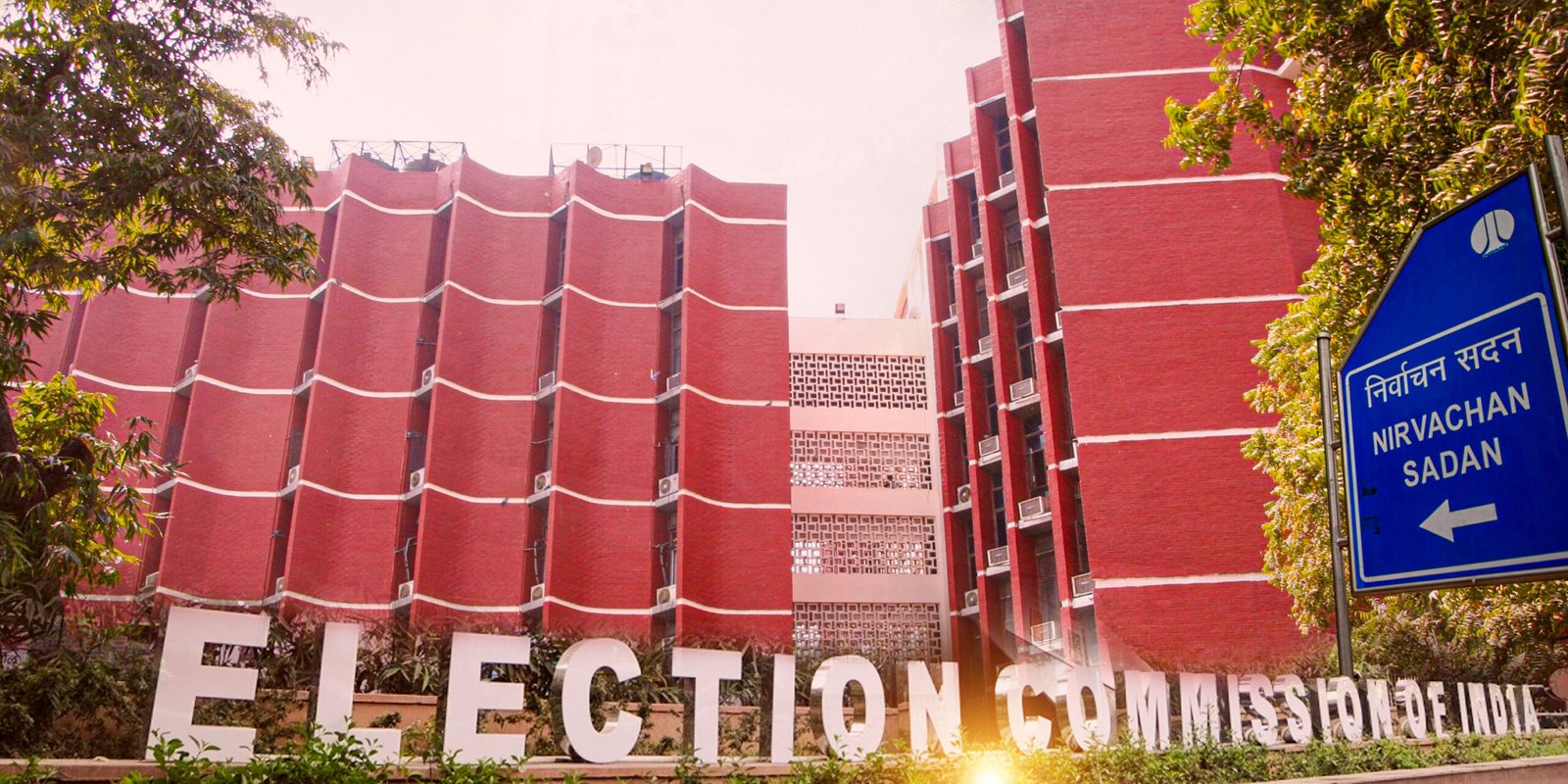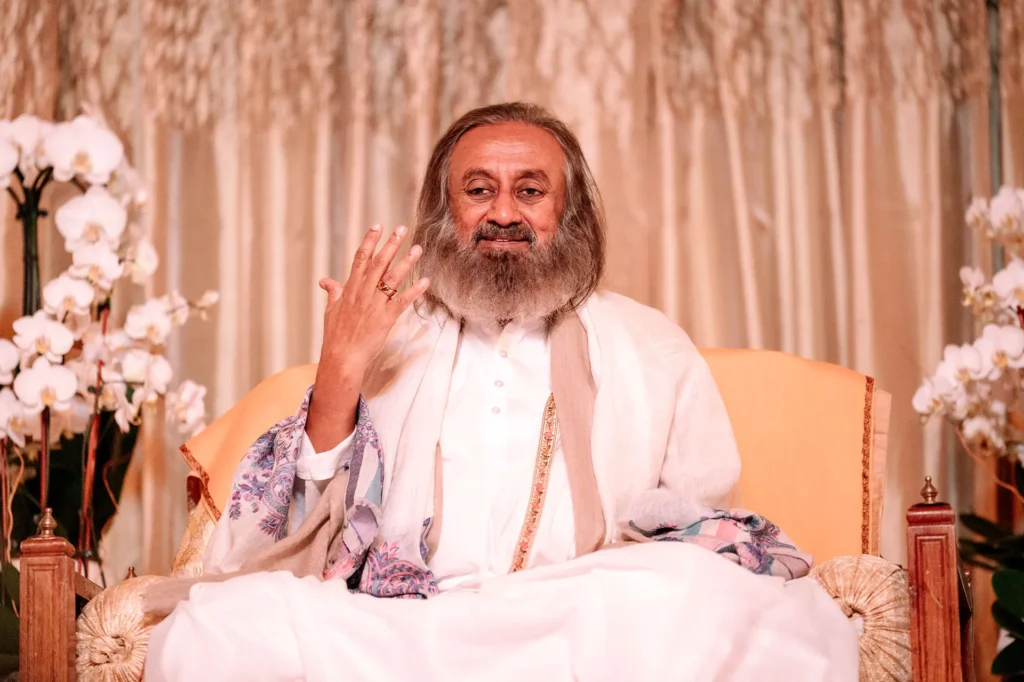Elections are the heartbeat of a democracy, but in India, they never seem to stop. With Lok Sabha, State Assemblies, and local body elections happening at different times, the country is in a constant state of political campaigning. While elections are essential, frequent polls disrupt governance, delay policies, and cost the nation thousands of crores.
The idea of ‘One Nation, One Election’ (ONOE) aims to hold all elections simultaneously—once every five years. This system was followed in India until 19G7, but political instability led to staggered elections. Over the years, the financial burden and administrative challenges of frequent elections have grown massively. Prime Minister Narendra Modi has repeatedly backed ONOE, calling it a game-changer for governance. A High-Level Committee, led by former President Ram Nath Kovind, is now exploring its feasibility. While ONOE promises stability and cost savings, it also raises constitutional, political, and logistical challenges that need careful planning.
With India aiming for rapid growth, can it afford to be in election mode all the time? It’s time to seriously consider One Nation, One Election as a path toward better governance and a stronger democracy.
Reduced Election Costs
Elections in India are a costly affair, with expenses rising significantly over the years. The first general elections in 1951-52 cost around ₹11 crore, whereas the 2019 elections incurred an estimated ₹G0,000 crore. Each election demands massive spending on logistics, security, polling staff, and infrastructure, placing a heavy financial burden on public funds. Additionally, frequent state and local elections further escalate costs. By synchronizing elections, ONOE can streamline logistics, reduce security deployment, and lower campaign expenses, potentially saving ₹45 billion annually. These savings can be redirected towards development programs, ensuring better utilization of public funds and a more fiscally responsible electoral process.
Governance Paralysis: Elections Should Not Stall Progress
With elections happening throughout the year, governance often takes a backseat. The Model Code of Conduct (MCC) halts decision-making for months, delaying crucial projects. Ministers and bureaucrats shift their focus from policy execution to election strategy.
A single, well-coordinated election cycle will ensure that governments are free to focus on governance rather than constantly preparing for the next election. It will also allow for better long-term planning, ensuring policies are implemented without political disruptions.
Cutting the Roots of Corruption
Frequent elections create a constant need for fundraising, increasing the risk of unethical financial dealings and corporate influence. Political parties rely on undisclosed donations, leading to quid pro quo arrangements that compromise governance.
By reducing election cycles, ONOE minimizes the pressure for continuous fundraising, ensuring that leaders focus on policy and public service rather than campaign finance. This reform is essential to clean up India’s political system.
Empowering Voters, Simplifying Elections
Holding multiple elections often leads to administrative lapses, including missing voter names and duplication in electoral rolls, and repeated disruptions make participation difficult. A synchronized election system would streamline voter registration, making the process more efficient, transparent, and accessible for citizens. It can also boost voter turnout, as people won’t have to repeatedly visit polling stations.
Stable State Finances
Frequent elections push governments to announce populist schemes, subsidies, and freebies to sway voters. While some welfare measures are necessary, this pattern of short-term appeasement strains state finances. With ONOE, governments can focus on long-term economic planning rather than pre-election giveaways, ensuring fiscal stability and responsible governance.
Enhancing Cooperative Federalism
Critics argue that ONOE may weaken state autonomy, but history suggests otherwise. India had synchronized elections until 19G7, and federalism functioned efficiently. Holding simultaneous elections can strengthen Centre-state collaboration, ensuring policy continuity and smoother governance. When both levels of government operate under the same electoral mandate, it reduces policy disruptions, minimizes political friction, and enhances long-term planning. Rather than undermining federalism, ONOE can promote cooperative governance and stability.
Increased GDP Growth
The Kovind Committee highlighted that ONOE could raise real GDP growth by 1.5 percentage points, equating to an additional ₹4.5 lakh crore in FY24 alone. This increase would result from
reduced electoral disruptions, allowing governments to focus on economic planning and policy implementation rather than being in continuous election mode.
Higher Capital Expenditure
Historical data indicates that during years of simultaneous elections, capital expenditure is 17.G7 percentage points higher than in non-election years. With fewer disruptions and a stable policy environment, governments can allocate more funds to infrastructure projects, healthcare, and education, leading to sustained economic growth and job creation.
Lower Inflation
Frequent elections often push governments to announce populist measures, increasing public expenditure and fueling inflation. An analysis of Consumer Price Index data from 19G0 to 1985 showed that inflation rates were one percentage point lower in years with simultaneous elections. This suggests that ONOE could contribute to economic stability, keeping inflation in check by reducing the pressure on governments to introduce short-term relief measures.
One Nation, One Election is not just an idea; it is a step India must take to strengthen its democracy. India cannot afford to be in election mode all the time. Frequent polls stall development, drain public funds, and keep politicians focused on votes rather than governance. One Nation, One Election is not just a reform—it is the need of the hour. It will save resources, reduce corruption, and bring stability to the system. Governments will be free to plan for the long term instead of making short-term promises before every election. The choice is clear—either continue with the cycle of disruption or embrace a system that puts governance first. The time to act is now.



